Alternative proteins refer to food sources that are not derived from animals, such as plant-based meat alternatives and lab-grown meat. These products are becoming increasingly popular as a way to reduce the environmental impact of traditional animal agriculture and to provide a more sustainable source of protein for human consumption. Examples of alternative proteins include soy-based products, pea protein, and mycoprotein (made from fungi).
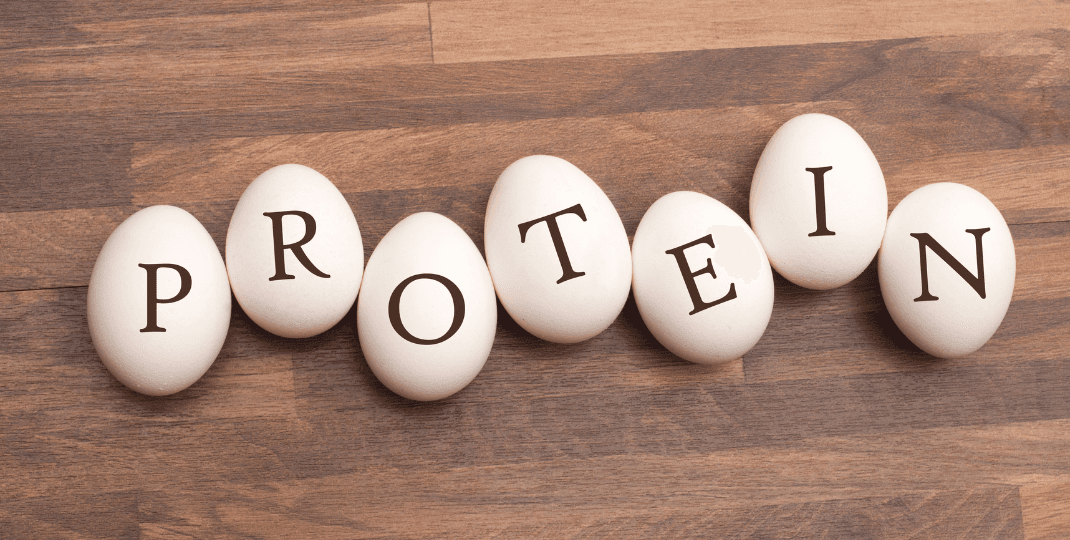
Alternative proteins products
Some popular alternative protein products include:
- Plant-based meat alternatives, such as the Impossible Burger and Beyond Meat burger, which are made from a combination of plant-based ingredients and are designed to taste and feel like traditional meat.
- Lab-grown meat, which is produced by culturing animal cells in a laboratory rather than raising and slaughtering animals.
- Legumes-based products such as Tofu, Tempeh, Edamame, Lentils, Chickpeas, Peas and Peanut butter
- Mycoprotein (Quorn) is made from a type of fungus and can be used as an ingredient in meatless burgers and sausages.
- Algae-based products such as spirulina and chlorella which are high in protein and can be used as a supplement or ingredient in food products
- Insects - mealworm, crickets and grasshopper can be used as protein sources.
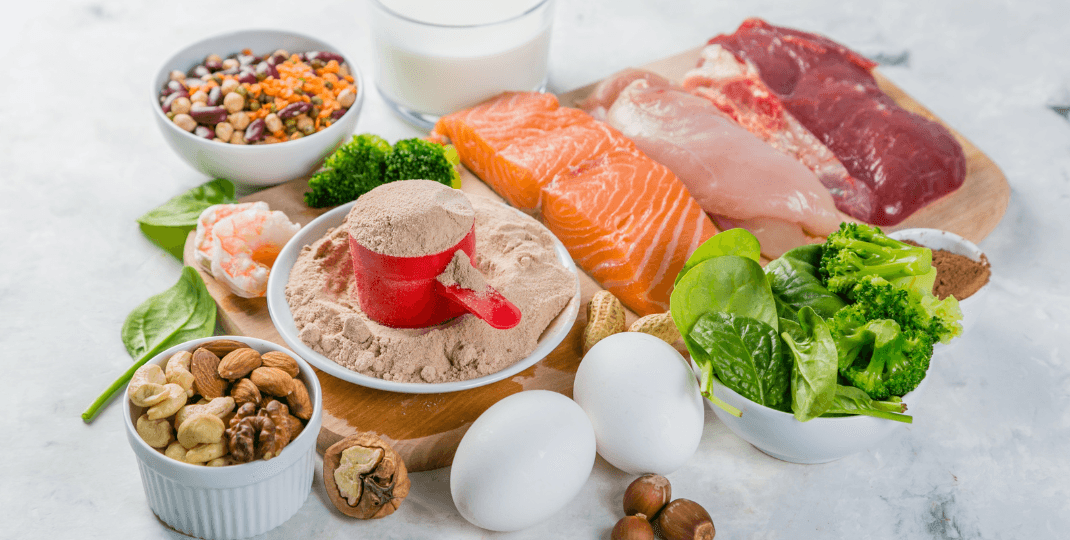
These alternative protein products are becoming more widely available in grocery stores and restaurants and are being marketed as a sustainable and ethical alternative to traditional animal-based products.Plant-based meat alternatives productsPlant-based meat alternatives are food products that mimic the taste, texture, and appearance of meat but are made entirely from plant-based ingredients. Some popular plant-based meat alternatives include:
- Impossible Burger and Beyond Meat burgers, which are made from a combination of ingredients such as soy protein, pea protein, and coconut oil, and are designed to taste and feel like traditional beef burgers.
- Gardein meatless meatballs, which are made from a combination of soy, wheat gluten, and vegetables, and can be used in spaghetti and meatball dishes.
- Field Roast sausages, which are made from a combination of wheat gluten, vegetables, and spices, and can be used in place of traditional pork sausages.
- Tofurky deli slices, which are made from a combination of soy protein and wheat gluten, and can be used as a sandwich meat alternative.
- Boca and MorningStar Farms veggie burgers, which are made from a combination of ingredients such as soy protein, wheat gluten, and vegetables, and can be used as a meatless alternative to traditional beef burgers.
- Quorn, which is made from mycoprotein (fungi) and can be used as an ingredient in meatless burgers, sausages, and other meat alternatives.

These products are becoming more widely available in grocery stores and supermarkets and are being marketed as a sustainable and ethical alternative to traditional animal-based meat products.
Lab-grown meat products
Lab-grown meat, also known as cultured meat, is meat that is produced by culturing animal cells in a laboratory rather than raising and slaughtering animals. Producing lab-grown meat involves taking a small sample of animal cells, such as muscle cells, and growing them in a nutrient-rich solution. The cells then multiply and differentiate, forming small pieces of meat.
Lab-grown meat is still in the early stages of development and is not yet widely available for commercial consumption. Some companies that are currently working on lab-grown meat products include:
Memphis Meats, which is producing lab-grown chicken, duck, and beef using cells from animals.
Mosa Meat, which is producing lab-grown beef using cells from cows. Just, which is producing lab-grown chicken using cells from chickens.
SuperMeat, which is producing lab-grown chicken using cells from chickens
Finless Foods, which is producing lab-grown fish using cells from fish.
These companies are still working on scaling up production and reducing the cost of lab-grown meat so that it can be made available to consumers at an affordable price.
Once these challenges are overcome, lab-grown meat could have a significant impact on the food industry, as it offers a way to produce meat without the need to raise and slaughter animals, which could reduce the environmental impact of traditional animal agriculture. The most widespread Legumes-based products.
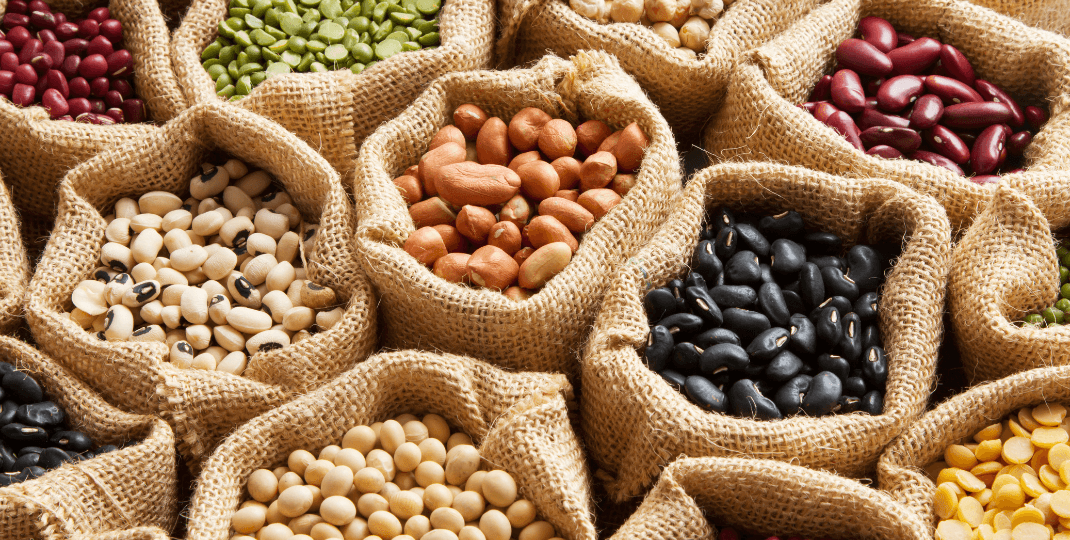
Legumes-based products are a popular source of alternative protein, particularly in vegetarian and vegan diets.
Some of the most widespread legumes-based products include:
Tofu, also known as bean curd, which is made from soybeans and is a versatile ingredient that can be used in a wide variety of dishes, including stir-fries, soups, and curries.
Tempeh, which is made from fermented soybeans and has a nutty flavor and firm texture. It can be sliced, diced or crumbled and used as a meat substitute in sandwiches, salads, and stir-fries.
Edamame, which are immature soybeans that are often served as a snack or as a side dish in Japanese restaurants.
Lentils, which are small, round legumes that come in a variety of colors and are a great source of protein, fiber, and iron. They can be used in soups, stews, curries, and salads.
Chickpeas, also known as garbanzo beans, which are a staple in Mediterranean and Middle Eastern cuisines and are often used to make hummus, falafel, and curries.
Peas, which can be used fresh or frozen and are high in protein and fiber. They can be used in soups, stews, curries, and as a side dish.
Peanut butter, which is made from roasted ground peanuts and can be used as a spread on bread, crackers, and fruits, or as an ingredient in sauces and marinades.
These legumes-based products are widely available in grocery stores and supermarkets and are a great source of protein, fiber, and other nutrients. They can be used as a meat substitute in a wide variety of dishes, making it easy to incorporate them into a vegetarian or vegan diet.
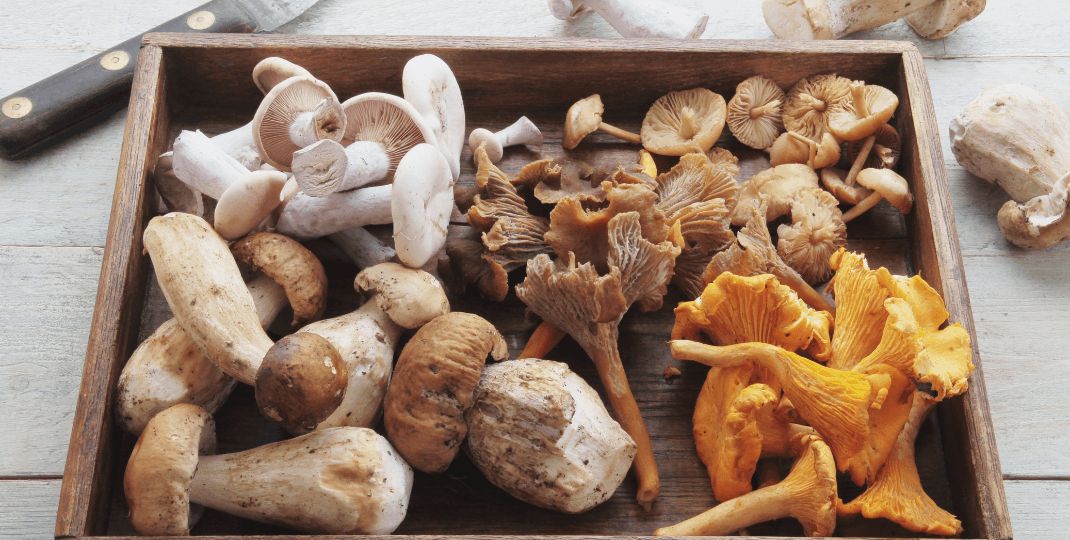
What is Quorn?
Quorn is a brand of mycoprotein-based meat alternatives, which are made from a type of fungus called Fusarium venenatum.
Mycoprotein is a high-quality, complete protein that is low in fat and high in dietary fiber. Quorn products are designed to mimic the taste and texture of meat, and can be used as a substitute in a wide variety of dishes, such as burgers, sausages, and chicken nuggets.
Quorn is most popular in the United Kingdom and Europe, where it has been widely available since the 1980s. The company was founded in the UK and it's products are made there, it's also available in other countries such as Australia, New Zealand, and South Africa.
Quorn is also available in some parts of Asia and North America, but it is not as widely available in these regions as it is in the UK and Europe.Quorn is marketed as a sustainable and ethical alternative to traditional animal-based meat products, as it requires less land, water, and energy to produce compared to traditional animal agriculture. It's also a good alternative for vegetarians and vegans as a source of protein.
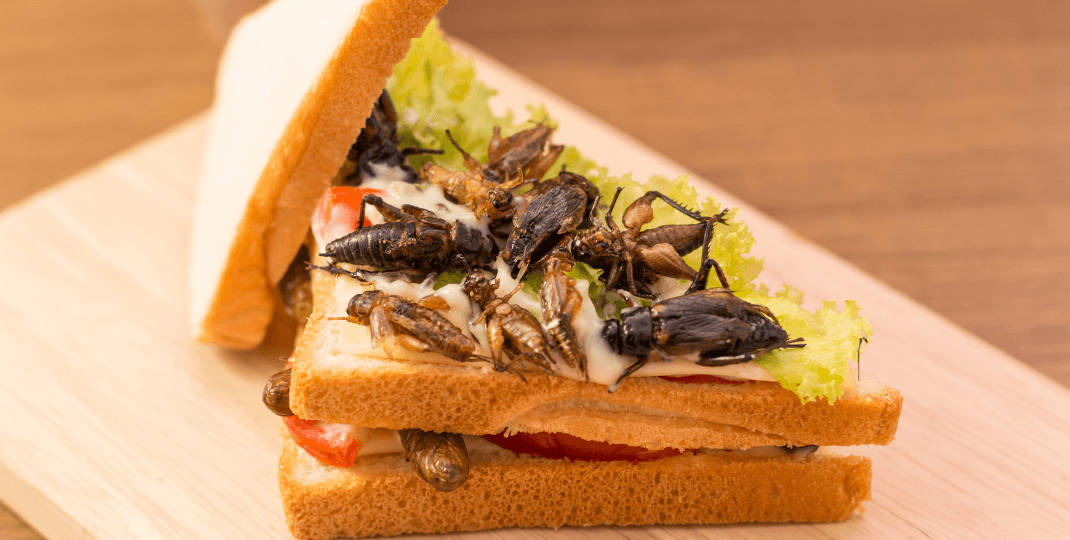
Insect products are food products that are made from insects, which are a rich source of protein, fat, and minerals.
Some popular insect products include:
Mealworms, which are the larvae of the darkling beetle and are often used as a protein source in animal feed. They can also be roasted and eaten as a snack, or used as an ingredient in food products such as protein bars and pasta.
Crickets, which are a high-protein food source that are often used as a protein source in animal feed. They can also be roasted and eaten as a snack, or used as an ingredient in food products such as protein bars and pasta.
Grasshoppers, which are high in protein, healthy fats and minerals. They are often used as an ingredient in food products such as protein bars, pasta and bug burgers.
Ants, which are high in protein and minerals and are a popular food in some parts of the world, particularly in Asia and Africa.
Scorpions, which are high in protein and are a popular food in some parts of the world, particularly in Asia and Africa.Insects are considered a sustainable food source, as they require less land, water, and feed to produce compared to traditional animal-based protein sources.
They also produce fewer greenhouse gases than traditional animal agriculture. However, insect products are not yet widely available in most countries and are not yet considered as a mainstream alternative protein source, but it's getting more attention as a new alternative protein source for the future.